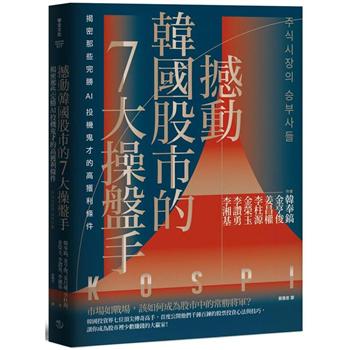When medieval theologians wrote their Quaestiones Disputatae, the disputed questions concerned relatively peripheral topics, for Christians agreed on all of the most basic matters. But today even the most central issues in Christianity are controversial, and Christian discourse itself is part of the wider dialogue that includes all the great religious and philosophical traditions of the world. In this book a leading philosopher of religion offers fresh insights into some of the disputed religious questions of our time.
John Hick begins by addressing the most fundamental questions: whether religion is a wish-fulfilling projection or a human response to the Transcendent, and whether religious experience constitutes authentic awareness of a divine Reality. He then considers specifically Christian beliefs, such as the deity of Jesus and the problems encountered by attributing to Jesus both all divine and all human properties, and he suggests an alternative image of Jesus as a man extraordinarily open to and inspired by the divine spirit. Hick gives a personal account of how he has come to accept religious pluralism--that the major world faiths are different but equally valid responses to ultimate Reality. He considers how much Christians have to learn from Buddhism, discusses the ongoing dialogue among Jews, Christians, and Muslims, and outlines a philosophy of religions--a conception of the relationship between world religions and between them and the ultimately Real. Finally he turns to the mystery of death and, using the resources of the world religions and of parapsychology, suggests a possible conception of life after death.
| FindBook |
有 1 項符合
Disputed Questions in Theology and the Philosophy of Religion的圖書 |
 |
Disputed Questions in Theology and the Philosophy of Religion 作者:Hick 出版社:Yale University Press 出版日期:1995-08-01 語言:英文 規格:平裝 / 212頁 / 21.3 x 13.7 x 1.3 cm / 普通級 |
| 圖書館借閱 |
| 國家圖書館 | 全國圖書書目資訊網 | 國立公共資訊圖書館 | 電子書服務平台 | MetaCat 跨館整合查詢 |
| 臺北市立圖書館 | 新北市立圖書館 | 基隆市公共圖書館 | 桃園市立圖書館 | 新竹縣公共圖書館 |
| 苗栗縣立圖書館 | 臺中市立圖書館 | 彰化縣公共圖書館 | 南投縣文化局 | 雲林縣公共圖書館 |
| 嘉義縣圖書館 | 臺南市立圖書館 | 高雄市立圖書館 | 屏東縣公共圖書館 | 宜蘭縣公共圖書館 |
| 花蓮縣文化局 | 臺東縣文化處 |
|
|
圖書介紹 - 資料來源:博客來 評分:
圖書名稱:Disputed Questions in Theology and the Philosophy of Religion
內容簡介
|










